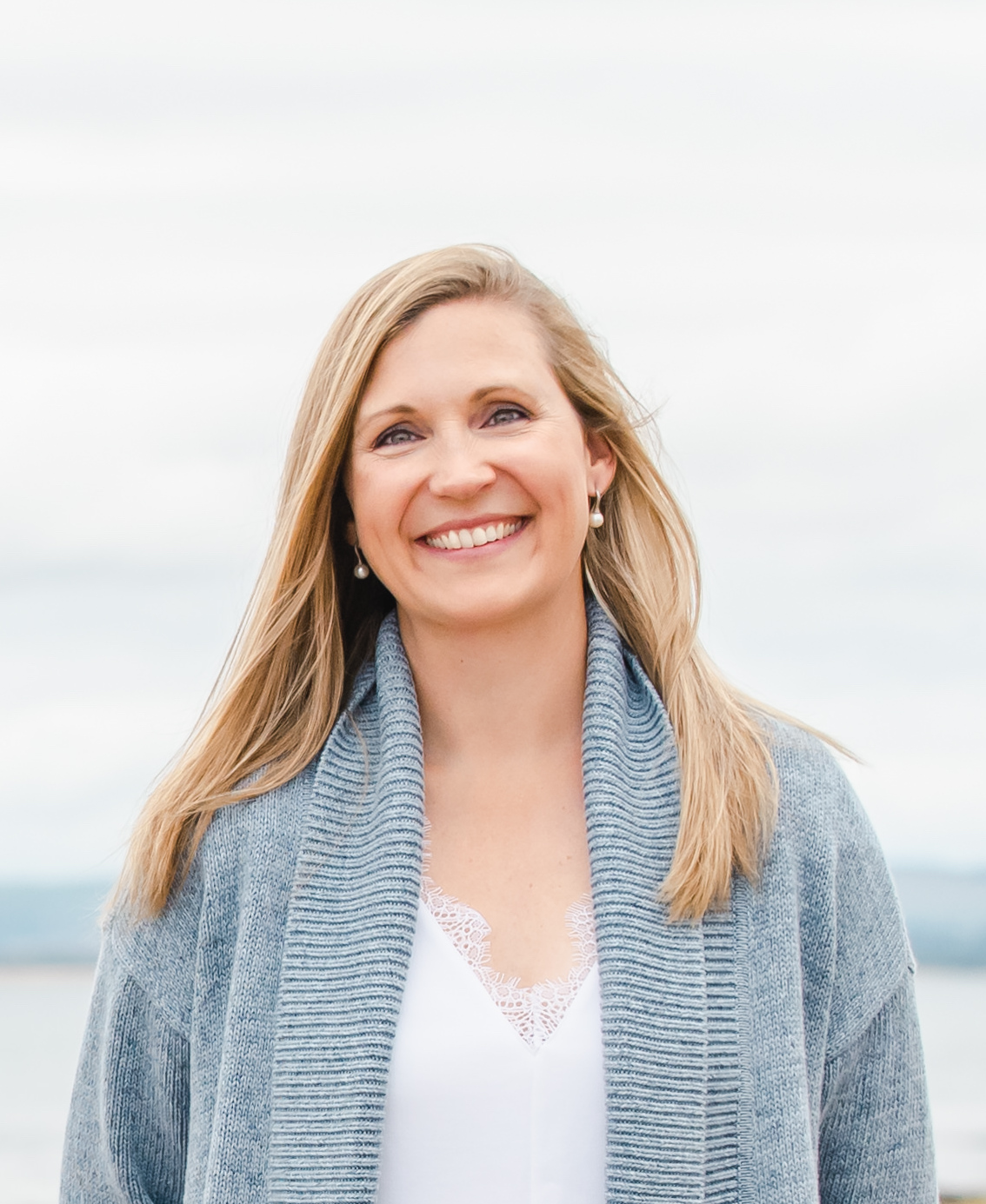Dr Line Cordes
Honorary Research Fellow

Affiliations
Contact info
Room: 410 Westbury Mount
Phone: 01248 383503
E-mail: l.cordes@bangor.ac.uk
Web: www.linecordes.com; Google Scholar; ResearchGate
I graduated with a BSc in Marine Science from Coastal Carolina University in 2005, and finished my MSc in Marine and Fisheries Science from University of Aberdeen in 2007. I carried out my PhD in population ecology at the Lighthouse Field Station (University of Aberdeen) between 2007-2011. The project focussed on the demography and breeding phenology of harbour seals. Following my PhD, I worked as a postdoc at the field station on two projects, one exploring the potential impacts of wind farm construction on harbour seals, and the other investigating the impacts of seismic surveys on cetaceans. In 2012, I moved to Colorado, USA, and worked as a Visiting Scientist at Colorado State University (CSU). I initiated research projects with Alaska Department of Fish and Game, University of Florida, University of Zurich, University of California Los Angeles, University of Aberdeen as well as internally with staff at CSU. Among other things, this involved exploring the ecological and genetic overlap between harbour and spotted seals within an area of sympatry, and investigating the seasonal impact of climate change on survival in yellow-bellied marmots.
My research interests are centered within the field of population ecology and predominantly focus on understanding the environmental and anthropogenic drivers of change in animal populations. I am particularly interested in applying novel quantitative approaches in order to estimate accurate vital rates (including harbour seals, bottlenose dolphins, fulmars), identifying the demographic rates responsible for population change (including harbour seals and bottlenose dolphins), and exploring the impact of climate change and anthropogenic activities (such as noise) on population dynamics (including harbour seals, yellow-bellied marmots, and shorebirds). More recently, I have become increasingly interested in the links between movement and population ecology. This includes understanding the influence of individual variation as well as the impact of environmental and anthropogenic perturbations on movement and the subsequent demographic consequences (including northern fulmars and African elephants).
Research Areas
- Article › Research › Peer-reviewed
-
Band reporting rates of waterfowl: does individual heterogeneity bias estimated survival rates?
White, G. C., Cordes, L. & Arnold, T. W., 30 Sept 2013, In: Ecology and Evolution. 3, 12, p. 4215-4220Research output: Contribution to journal › Article › peer-review
Behavioral responses associated with a human-mediated predator shelter
Shannon, G., Cordes, L. S., Angeloni, L., Hardy, A. & Crooks, K., 9 Apr 2014, In: PLoS ONE. 9, 4, e94630.Research output: Contribution to journal › Article › peer-review
- Published
Contrasting effects of climate change on seasonal survival of a hibernating mammal
Cordes, L., Blumstein, D., Armitage, K., CaraDonna, P., Childs, D., Gerber, B., Martin, J., Oli, M. & Ozgul, A., 28 Jul 2020, In: PNAS. 117, 30, p. 18119-18126 8 p.Research output: Contribution to journal › Article › peer-review
- Published
Contrasting selection pressure on body and weapon size in a polygynous megaherbivore
Shannon, G., Sadler, P., Smith, J., Roylance-Casson, E. & Cordes, L., 31 Oct 2021, In: Biology Letters. 17, 10Research output: Contribution to journal › Article › peer-review
-
Framework for assessing impacts of pile-driving noise from offshore wind farm construction on a harbour seal population
Thompson, P., Hastie, G. D., Nedwell, J., Barham, R., Brookes, K. L., Cordes, L., Bailey, H. & McLean, N., Nov 2013, In: Environmental Impact Assessment Review. 43, p. 73-85Research output: Contribution to journal › Article › peer-review
- Published
Increasing trends in fecundity and calf survival of bottlenose dolphins in a marine protected area
Cheney, B., Thompson, P. & Cordes, L., 11 Feb 2019, In: Scientific Reports. 9, 1, 1767.Research output: Contribution to journal › Article › peer-review
- Published
Integrating passive acoustic and visual data to model spatial patterns of occurrence in coastal dolphins
Thompson, P., Brookes, K. L. & Cordes, L. S., Jan 2015, In: ICES Journal of Marine Science. 72, 2, p. 651-660Research output: Contribution to journal › Article › peer-review
-
Long‐term patterns in harbour seal site‐use and the consequences for managing protected areas
Cordes, L., Duck, C. D., Mackey, B. L., Hall, A. J. & Thompson, P., Aug 2011, In: Animal Conservation. 14, 4, p. 430-438Research output: Contribution to journal › Article › peer-review
-
Mark-recapture modelling accounting for state uncertainty provides concurrent estimates of survival and fecundity in a protected harbour seal population
Cordes, L. S. & Thompson, P., Apr 2014, In: Marine Mammal Science. 30, 2, p. 691-705Research output: Contribution to journal › Article › peer-review
- Published
Mark-resight estimates of seasonal variation in harbor seal abundance and site fidelity
Cordes, L. S. & Thompson, P. M., Jul 2015, In: Population Ecology. 57, 3, p. 467-472Research output: Contribution to journal › Article › peer-review

